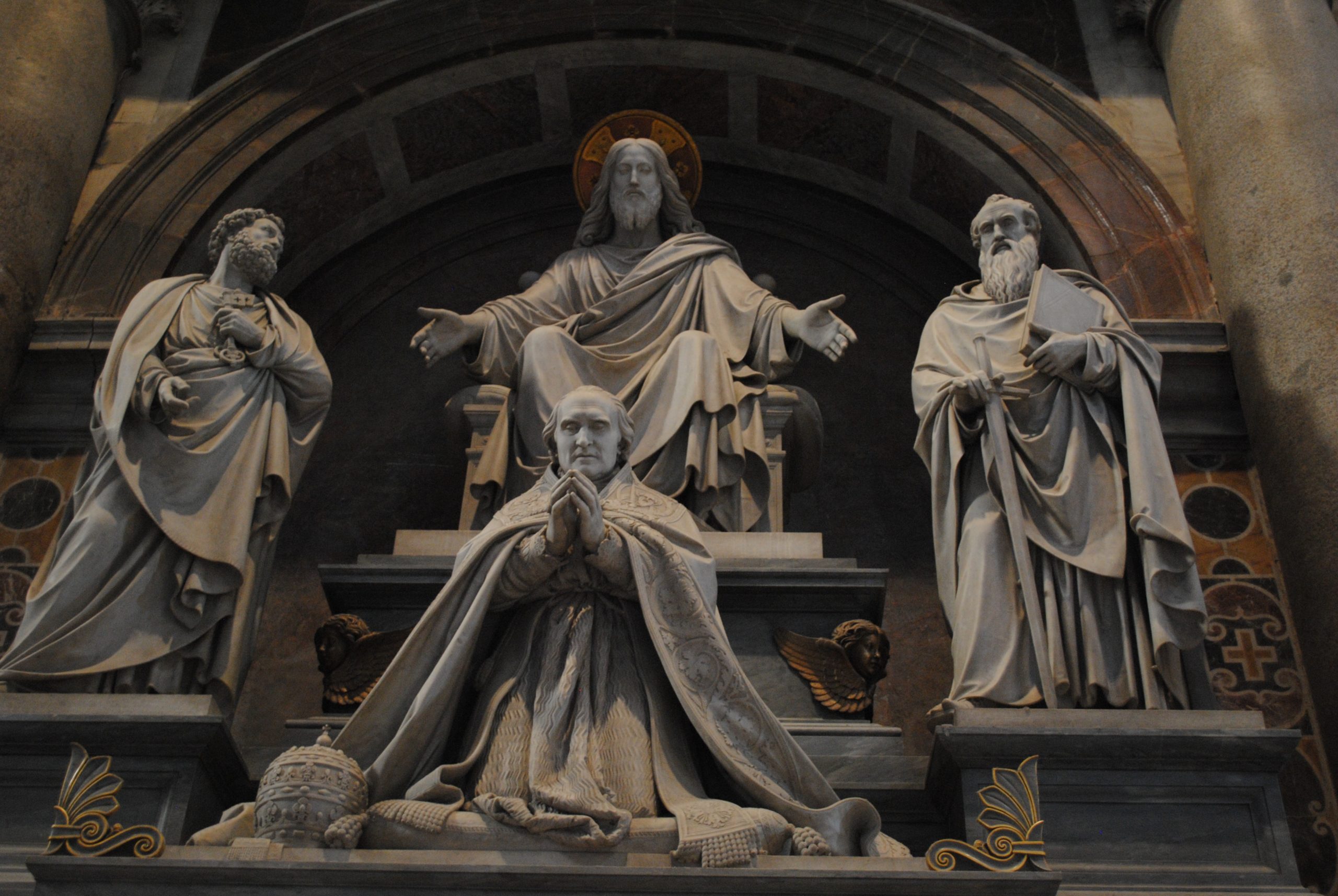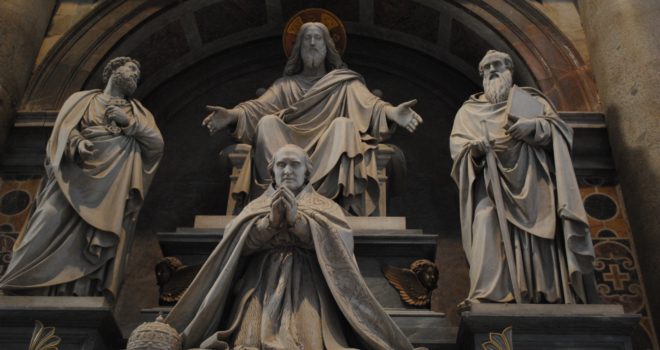The Blessing and its Bountiful Benefits
“God bless you” is a common phrase, often heard in the aftermath of a sneeze. The phrase originated in the Middle Ages when people feared that a sneeze opened the door to the Devil. It’s enunciation drove him away. The phrase persists though its original meaning belongs to history. We believe, nonetheless, that it has […]



“God bless you” is a common phrase, often heard in the aftermath of a sneeze. The phrase originated in the Middle Ages when people feared that a sneeze opened the door to the Devil. It’s enunciation drove him away. The phrase persists though its original meaning belongs to history. We believe, nonetheless, that it has retained its salutary benefit.
The Bible refers to a blessing in accordance with its many shades of meaning. In Deuteronomy 6: 24-26 we read:
“The Lord bless you and keep you; the Lord make His face to shine upon and be gracious to you; the Lord lift up His countenance upon you and give you peace”. This blessing has been popularized in song and service and retains its original meaning. In Genesis 28:3, we read, “May God Almighty bless you and make you fruitful.” In this case, a blessing better prepares us to do God’s work.
The Irish have have a special fondness for blessings. Their repertoire can be regarded as a special gift to the world. One of my favorites is the following: “May God grant you always, A sunbeam to warm you, A moonbeam to charm you, A sheltering angel, so nothing can harm you”. Many of their blessings are spiced with Irish humor: “May you live as long as you want, And never want as long as you live.” “May you be in heaven a half-hour before the devil knows you’re dead.”
Life is difficult, blessings put wind in our sails, gas in our tank, to help us on our way. In the best sense, a blessing is a gift of God’s grace. It is the touch of His hand on our life, His intimate presence that nourishes and strengthens us.
We bless our house, our food, and every kind of religious item. Jesus blessed the children (Mark 10: 13-16) and the Apostles at the Ascension (Luke 24: 50-30). He blessed the loaves to feed the 5,000 (Mark 6: 34) and the bread at the Last Supper (Matthew 26: 26-30).
Blessings are prolific, beneficial, and free of cost. The Catholic catechism informs us “Every baptized person is called to be a ‘blessing’ and to bless”. With this in mind, I thought it would be a wise and holy thing to bless my children just before they go to sleep. I chose a venerable Catholic aphorism: Nos cum prole pia, Benedicat Virgo Maria (May the Virgin Mary and her beautiful child bless us).
I administered the blessing with the sign of the cross on the foreheads of each of the five children. They were most receptive and if I happened to be a little tardy, they would cry out for their nocturnal blessing. This is a simple ritual that all Catholic fathers can carry out.
The blessing I selected is a double blessing in two ways. It is directed through both Mary and Jesus, and it confers a blessing on both the child and the father who administers the blessing. Another Catholic aphorism states, Benedicat qui benedictus (Let he who is blessed do the blessing). The more blessed the one who performs the blessing, the more effective is the blessing. Here is an encouragement for anyone who performs a blessing to be a better person so that his blessing is more beneficial to its recipient.
The desire to bless is universal. Even people who do not believe in the supernatural order, nonetheless believe in blessings. The expression, “May the force be with you” became a popular secular blessing after the movie “Star Wars”. This, however, is a blessing without beneficiaries.
Life itself is surely a great blessing. Unfortunately, our secular world ignores the greatest blessing that God can confer upon husband and wife – the blessing of a new born child.














